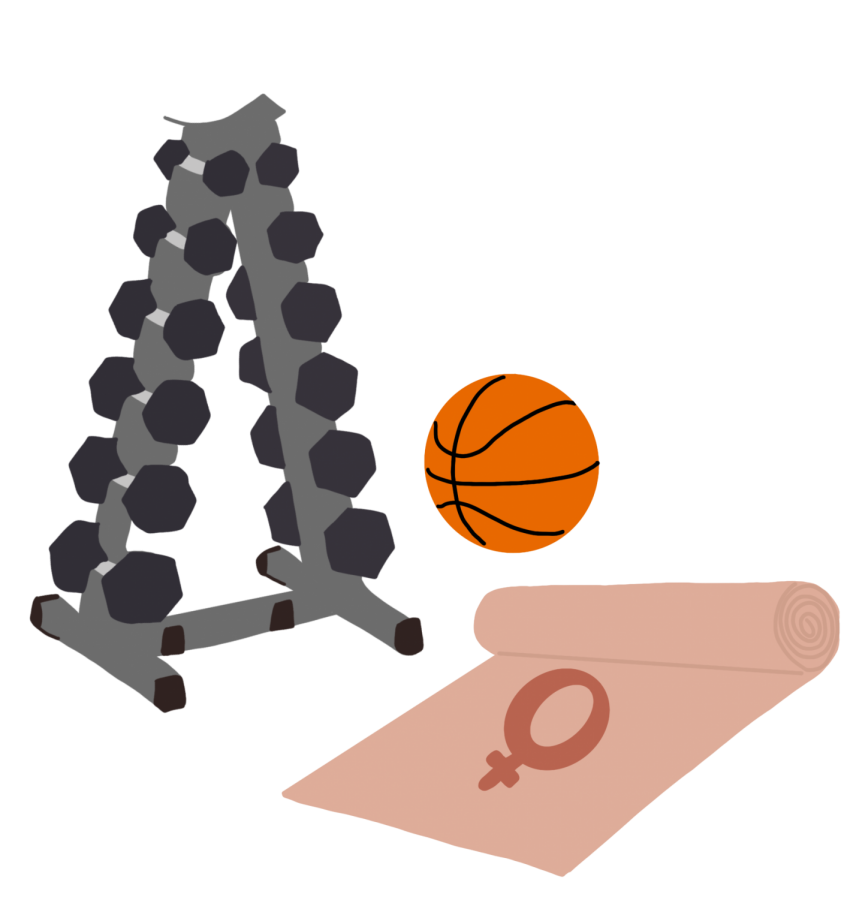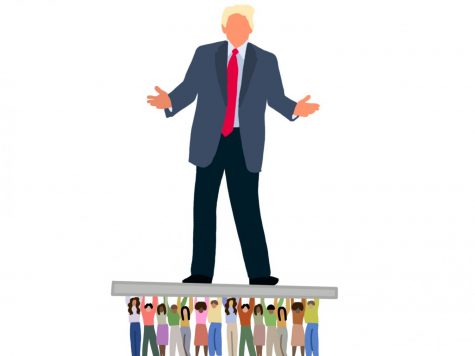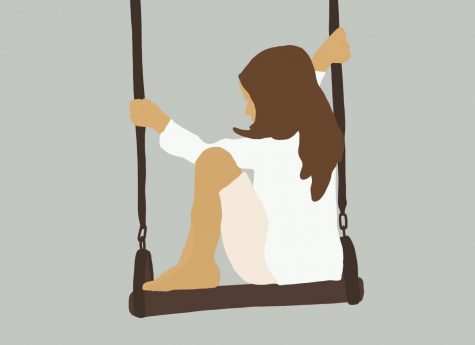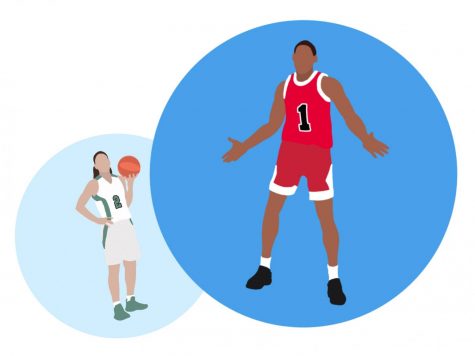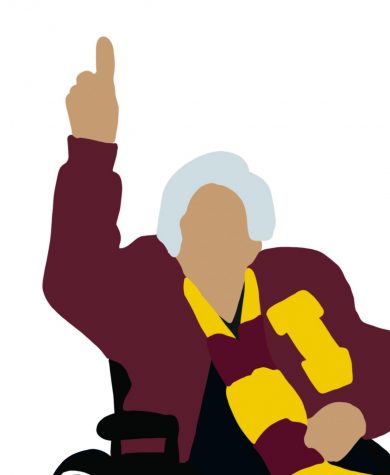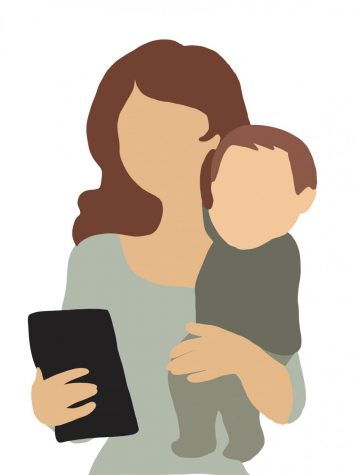President Mark Emmert Out of the NCAA?
While the NCAA is a not-for-profit association of member institutions, it’s no secret that the March Madness tournament brings in billions of dollars every year. The redistribution model is built so that the money left over after paying the necessary employees in the headquarter office gets redistributed to the member institutions via their conference offices. The redistribution isn’t perfectly equitable between conferences as it is set up to reward the conferences that perform the best in the men’s basketball tournament. That’s what makes the Power Five so powerful. They have a number of schools that perform well, meaning they get more funding from the NCAA, which then means they can recruit top talent, and thus the cycle of power continues.
The man that sits atop of it all is NCAA President Mark Emmert. Emmert has been the head of the NCAA for 11 years, coming to the post after a stint as the president of the University of Washington, his alma mater. Throughout his tenure, he has advocated for student-athletes in the areas of sexual assault prevention, greater support for student-athletes, providing more opportunities for student-athletes to participate in their own governance and many other areas. Yet, this week, during the first week of the March Madness basketball tournament, all of these achievements have been quickly overshadowed by a reckless and potentially career defining mistake.
Across every social media platform, the NCAA has been ridiculed for their inequitable handling of the men’s and women’s basketball tournaments. An Oregon women’s basketball player, Sedona Prince, released a TikTok that has now surpassed nine million views. The video showed the difference in weight rooms between the men’s tournament in Indianapolis and women’s tournament in San Antonio. The release of the TikTok started an outcry of women’s sports activists across the country demanding that the women receive not only more weights and equipment, but respect for the hard work that they put in to reach such a milestone in their careers.
Not only was there outrage about the weight room, but also about the other inequities in resources and facilities between the two tournaments. The men’s teams were getting buffet dinners every night while the women were being served individually packaged mystery meat. The men received branded swag bags filled with items to keep themselves occupied while stuck in their hotel rooms between games and practices, while the women got generic bags with a few items. Worst of all, there was a difference in the kinds of COVID-19 tests that were being administered to the athletes at the two different tournaments. The men were getting a more accurate PCR test while the women were getting a daily antigen test that is considered to be less accurate. If a women’s basketball player tested positive, they would then confirm the positive using the PCR test. Not only were the women being treated as unequal in their sport, but they were also being treated unequal in regards to their health.
Georgia Tech women’s basketball head coach, Nell Fortner, released a statement saying, “To the NCAA: Thank You!” Her statement came following her team’s upset win over West Virginia. She said, “Thank you for using the three biggest weeks of your organization’s year to expose exactly how you feel about women’s basketball—an afterthought.” She went on to sarcastically thank the NCAA and President Emmert for outing themselves for their sexist actions and decisions to blatantly ignore their commitment to supporting student-athletes. She calls them out for not recognizing women’s athletics, specifically basketball, for the valuable asset that it is.
Fortner wasn’t the only influential voice speaking out about the injustice. South Carolina women’s basketball coach, Dawn Staley, also released a statement on Twitter with the hashtag “WHATMATTERS” calling out Emmert and his staff specifically saying, “Mark Emmert and his team point blank chose to create [the disparities]. The real issue is not the weights or the ‘swag’ bags; it’s that they did not think or do not think that the women’s players ‘deserve’ the same amenities as the men.”
The most ironic part about this entire event is that it falls in Women’s History Month. Not only that, but it is just three months away from the 50th anniversary of the passing of Title IX. 50 years later and female athletes are still dealing with the same B.S. When is enough finally going to be enough?
In conjunction with all of the inequity looming over the tournaments, another pressing issue for the NCAA is the current discussions over the name, image and likeness (NIL) of student-athletes. Individual states are starting to pass laws allowing student-athletes to make money off of their name, image and likeness, with Florida leading the way establishing that their law will go into effect in 2021. California’s similar law won’t go into effect until 2023.
Three current men’s basketball student-athletes, Michigan’s Isaiah Livers, Iowa’s Jordan Bohannon and Rutgers’ Geo Baker, got together to start a protest called #NotNCAAProperty. The intention of the movement is to bring attention to the NIL conversation and continue moving it forward. The three players sent a letter to President Emmert asking for a meeting with him, state lawmakers and members of President Biden’s administration.
Emmert’s response was to postpone the meeting until after the March Madness tournament, infuriating the players who were willing to make time to meet while trying to compete for a national championship. They responded by criticizing the decision to wait two weeks and said, “Can you please explain what you will be doing over the next two weeks that is more important than addressing these matters?”
Overall, the past week of March Madness has been nothing short of entertaining. There’s been crazy upsets in the first two rounds, but the tournament this year hasn’t just been about the product on the court. It has been about the life of a student-athlete when they are not on the court and President Emmert has been the center of the issues.
All of the decisions that have been made surrounding the basketball championships this year have come back to President Emmert and have become potentially career defining decisions. While he has done good things in the past, it seems hard to believe that he can come back from this. NCAA critics are calling for him to step down, but there is a precedent for him to make mistakes and face no repercussions. Is this ultimately the final straw for President Emmert?
Your donation will support the student journalists of Saint Louis University. Your contribution will help us cover our annual website hosting costs.



